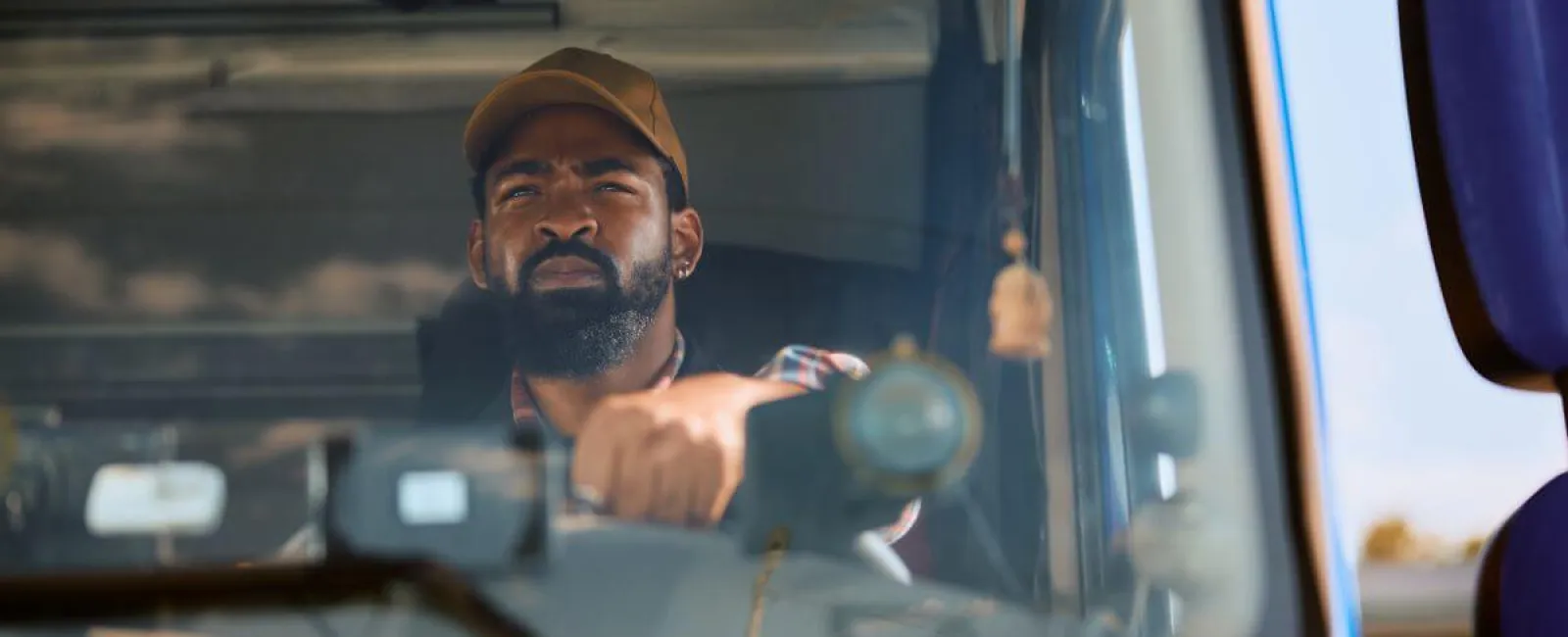- Move your vehicle to safety and seek medical care immediately—even minor injuries like whiplash may appear later.
- Always call the police; their report helps determine who is at fault for rear end collision.
- Gather evidence at the scene, including photos, witness info, and truck driver details.
- A tailgating truck driver or sudden maneuvers could indicate negligence—document these carefully.

Being rear-ended by a large truck can leave anyone shaken. Beyond the initial shock, these truck accidents can result in serious injuries, property damage, and legal complications. Knowing what steps to take after such an incident can protect your health and strengthen your legal case.
1. Prioritize Safety and Medical Care
Your first responsibility is ensuring that everyone involved is safe. Move your vehicle to the side of the road if it's possible and safe to do so. This minimizes the risk of further accidents and keeps traffic flowing. If the truck's size or damage prevents moving it, turn on hazard lights to alert other drivers.
Even if you feel fine initially, seek medical care as soon as possible. Injuries from rear-end collisions, such as whiplash, herniated discs, or concussions, can take hours or even days to surface. It's crucial to have a professional examine you to prevent these hidden injuries from worsening. A detailed medical report will also be invaluable if you need to file a personal injury claim later on.
Failing to seek medical care immediately can complicate your claim, as insurance adjusters may argue that your injuries aren't serious or were unrelated to the accident. Documentation of your treatment serves as evidence, ensuring you're fairly compensated for both immediate and long-term medical costs.
2. Contact the Authorities
Regardless of how minor the accident seems, call the police. A police report creates an official record that documents critical details about the collision, including damage, injuries, and initial observations of who is at fault for rear end collision. For truck-related accidents, having law enforcement involved is even more important because the investigation might uncover regulatory violations by the driver or trucking company.
When the officers arrive, stick to the facts and avoid assigning or admitting fault. The officer's observations will be included in the accident report, and these can play a key role when dealing with insurance companies or presenting your case in court. If the truck driver's behavior—such as reckless driving or sudden reversals without cause—contributed to the accident, mention it to the police so that it gets documented in the report.
After the report is filed, make sure you obtain a copy for your records. It will help when coordinating with your insurance company or legal counsel and may clarify confusing details down the line.
3. Gather Evidence at the Scene
Evidence collection at the scene is crucial to building a strong case. Begin by taking clear photos of your vehicle, the truck, and the surrounding area from multiple angles. Capture skid marks, debris, weather conditions, and any road signs or signals that might have influenced the collision. If the truck driver committed dangerous acts, such as tailgating, you should also photograph the truck's distance from your vehicle to support your case.
Next, gather the truck driver's contact information, license number, insurance details, and the name of the trucking company. This is important because, in some cases, both the driver and their employer can be held liable for your damages. Trucking companies are often insured separately, and knowing these details can expedite the claims process.
If there are witnesses, ask for their contact information as well. Their testimonies can validate your account of the events, especially if the truck driver's behavior involved sudden reversals without cause or tailgating. Witness statements can become pivotal if the driver or insurance company disputes your version of the incident.
Don't forget to document any communication you have with the truck driver. Be polite but avoid discussing fault—your words can be used against you later. For example, even casual remarks like "I didn't see you" or "I'm sorry" could be interpreted as admissions of guilt.
4. Determine Fault and Legal Responsibility
In Georgia, liability plays a significant role in determining compensation, and knowing the answer to is Georgia a no fault state can clarify how to proceed. Georgia follows a fault-based system, meaning the party responsible for the accident must cover damages. This makes it essential to establish negligence on the part of the truck driver.
5. Assessing the Truck Driver's Behavior
A tailgating truck driver or one engaging in sudden reversals without cause may be found liable due to reckless driving. Commercial truck drivers have a duty to maintain a safe following distance since their larger vehicles require more stopping time. If they fail to do so and rear-end you, that can serve as compelling evidence of negligence.
6. Notify Your Insurance Company
Report the accident to your insurance provider promptly. However, be cautious about making detailed statements before consulting with an attorney. Insurance companies, including the truck driver's, may try to minimize your compensation or place partial blame on you to reduce their liability.
7. Contact an Attorney
Rear-end collisions with trucks can be complex, especially if multiple parties (like trucking companies) are involved. Seeking legal help ensures you receive proper guidance. A lawyer can help gather evidence, negotiate with insurance companies, and file a lawsuit if needed.
If you've been involved in a rear-end collision with a truck, Lowe Law is here to help you understand your rights and options. Our experienced attorneys are ready to build a strong case, fight for your compensation, and take the burden off your shoulders. Schedule a free consultation with us today to explore your legal options and secure the compensation you deserve.


